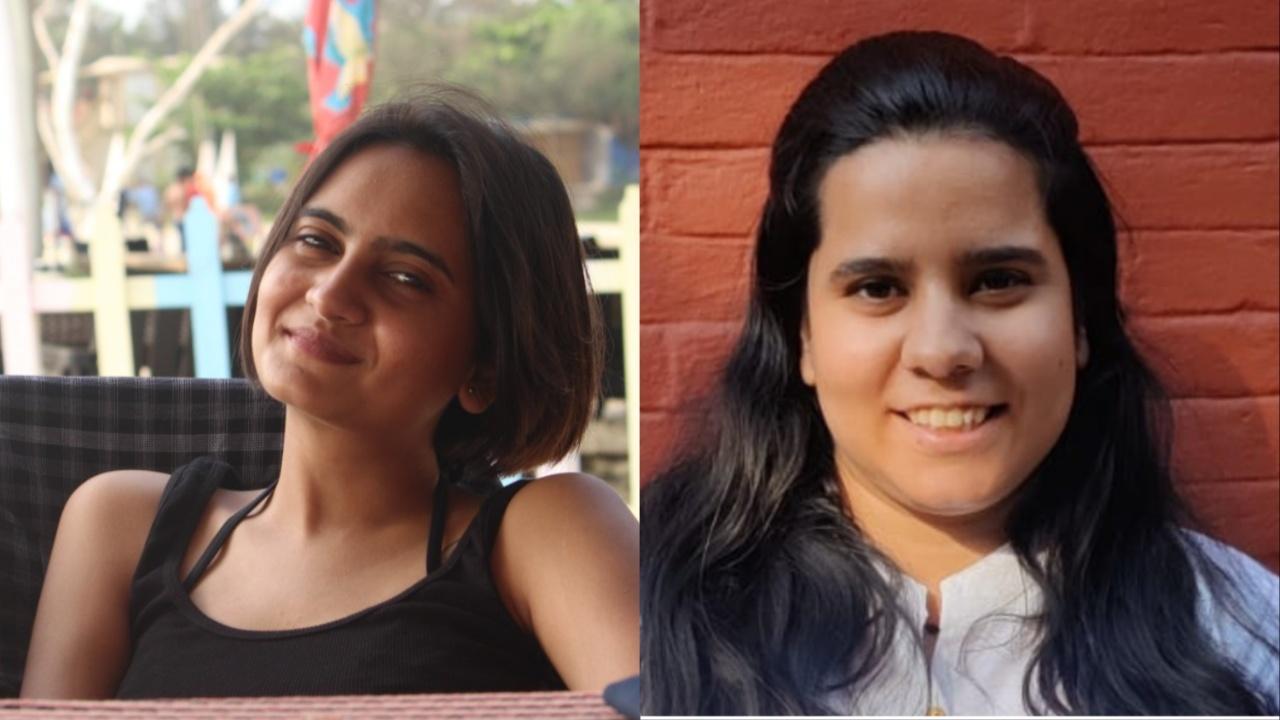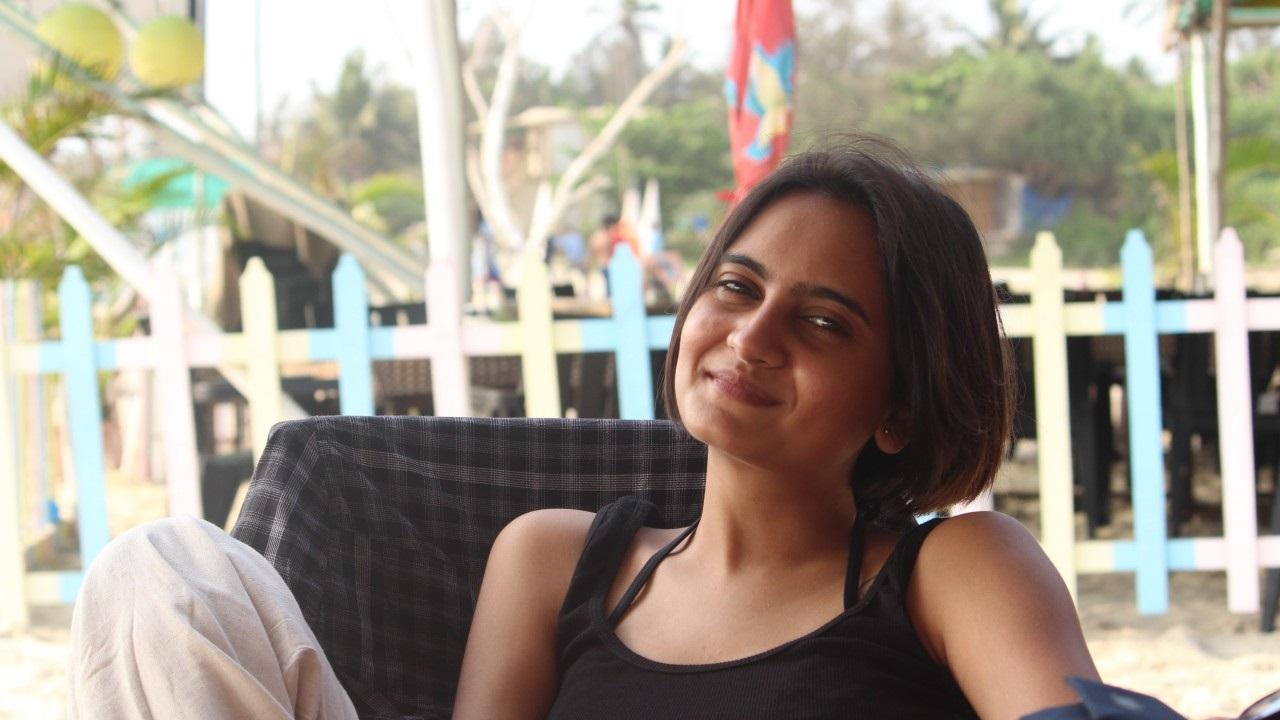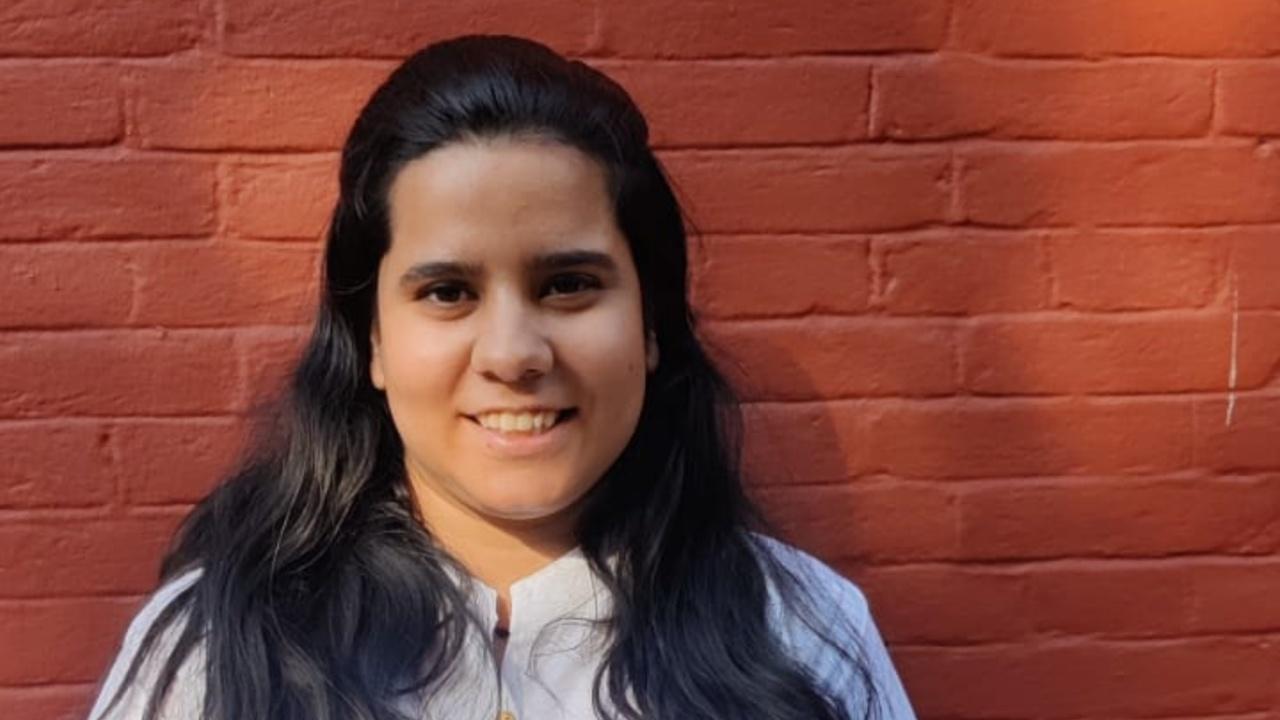Queer individuals across the spectrum share the microaggressions they regularly encounter and the stressors they experience every day

LGBTQIA+ individuals who do not conform to the cis-gender heteronormative binaries are subjected to microaggressions in their everyday lives. Photo courtesy: Asmita Meshram, Meghna Mehra
Do you remember the last time you said “that’s so gay”? What might have been a joke to you, can be triggering to an LGBTQIA+ individual. In this binary-obsessed cis-heteronormative world, such words and actions are casually used. For anyone who falls on the spectrum of gender and sexuality, this societal imposition deeply impacts their quality of life. “Living in a cis-heteronormative world, it is assumed that people are cis-gender and straight. People who do not fit in that narrow box have to bear discussions and conversations about their sexuality, gender identity and love life,” says Richa Vashista, a queer affirmative mental health practitioner. When cis-gender heterosexual (cis-het) individuals are innately coded with negative or inaccurate narratives, discrimination takes root.
ADVERTISEMENT
Whether it is intentional or not, queer individuals are subjected to microaggressions in their everyday lives. “Microaggressions comprise comments or actions that subtly and often unconsciously or unintentionally express a prejudiced attitude towards members of a marginalized group. Which means that often intent doesn't matter - the actions still cause harm. For example, when someone says ‘You're a lesbian? But you're so pretty. I'm sure lots of guys would want to date you.’ The assumption that someone is a lesbian because they haven't been ‘picked’ by a guy is ridiculous,” explains Vashista.
Remarks that would be considered ‘casual’ or ‘just for fun’ and which reinforce cis-heteronormativity are often an unavoidable yet frustrating part of the daily lives of LGBTQIA+ individuals. To deepen our understanding, we spoke to people across the spectrum about their lived experiences, as they share the microaggressions encountered, and the stressors experienced on an everyday basis.
Sujitha
He/they
26, Transgender non-binary pansexual
Bengaluru
A freelancer in the HR solutions space, Sujitha is a trans non-binary pansexual. At the intersection of these identities is an individual who simply wishes to live his life without facing prejudice for who they are. “I absolutely hate that I live in a world where people are strictly conditioned into maintaining the cis-het normative ideas of a family and making a binary out of everything. Inanimate objects like clothes, accessories, and even toys for children have a gender assigned to them: masculine, and feminine,” shares Sujitha.
Everyday interactions are laden with misgendering which takes a toll on mental health. The Bengaluru-resident shares, “I'm furious that someone concludes what my gender is based on my appearance, i.e., secondary sexual characteristics, in socially acceptable language. A random stranger would immediately resort to ‘ma'am’ upon looking at me or hearing my voice on the phone. Now, do I want to get into my gender and pronouns with random strangers every time this happens? Even if I wanted to do that, assuming I have infinite energy, is the concerned person interested in a lecture on gender or would they want to go about doing their job? They don't have malicious intent to hurt me. What am I supposed to do with my anger and my feelings?”
Cis-heteronormativity is so deeply coded in the society that it can be difficult to overcome completely unless a dedicated effort is made. “I have been misgendered by my own friends, inside my own home. The same feelings of anger and frustration remain but cannot be directed at specific individuals. Because I know it's a systemic issue. Cis-het ideals are shoved down our throats since our childhood. The people we see, the media made for us to consume, institutions actively enforcing the gender binary (e.g., schools making ‘boys’ and ‘girls’ sit separately).”
Even the everyday assessment of whether to be offended or not can be straining and lead to self-doubt. “Am I a bad person for being angry? Am I a hypocrite for not correcting (at least my friends) each and every time they misgender me? Does this mean I am okay with being misgendered? I struggle with feelings of confusion and bitterness, and the worst part is that I don't know what to do about it or at least when I'll be able to figure it out for myself,” says Sujitha.
When it comes to trans bodies, people often feel entitled to ask intrusive questions and even touch having no regard for consent. “I had the misfortune of meeting a TERF cis-lesbian recently. She shamelessly asked about the sex of a previous partner. I wish this was a one-off incident, but unfortunately, it wasn't. I wonder why complete strangers want to know about other people’s genitalia? And if I say that this is creepy, I will be called dramatic or invalidated some other way,” shares Sujitha.
The fact that someone’s identity is up for debate is in itself an act of discrimination. “Honestly, for the sake of my sanity, I do not engage in ‘discussions’ about my identity after the point where things turn hostile towards me. But even being silenced like that takes a toll. It makes me feel like I'm somehow a lesser person and that everyone would be much happier if me and people like me did not exist,” concludes the 26-year-old.
Asmita Meshram
She/they
25, Genderfluid Bisexual
Nagpur

Nagpur-resident Asmita Meshram tells us about the invisibilisation of bisexuality that happens on multiple levels, even in queer spaces. Photo courtesy: Asmita Meshram
A social media consultant in the queer mental health space, Asmita Meshram is bisexual and genderfluid. Hypersexualisation of queer women is a common occurrence, but the fetishisation of bisexual women runs deeper. “In a world which fetishises bisexual women, there is constant objectification and invisibilisation when interacting with cis-gender heterosexuals,” observes Meshram.
The intrusive questions about her sexuality never seem to end. “We live in a very homonegative environment so these microagressions are ever-present. People are quick to ask how two women have sex, and the proposal of a threesome becomes a part of the conversation in the first few minutes. Men want intimate details of my relationships with women so they can sexualise it. When I tell them I'm queer at a bar, it's invisiblised and they think I'm saying it to ward them off,” shares the Nagpur native. The 25-year-old says that intersectionality is often overlooked but shapes the experiences of LGBTQIA+ individuals. She explains, “Sometimes queer phobia will intersect with patriarchy, and this is where I’m marginalised as a bisexual and as a woman.”
Invisibilisation of bisexuality happens on multiple levels, even in queer spaces. “Invisiblisation of sexuality on the family front happens because I like men too. There's always this hope from my family that I might end up being in a hetero relationship so ‘my life would be easy’. The pressure to conform to the binary is constant. But I'm still gay, so it doesn't matter if I end up with a guy. It's still a queer relationship because I'm queer. Just because I'm dating a guy doesn't mean I'm straight. There's a lot of biphobia in the queer community too though where bisexuality is seen as just experimentation which is surprising because queer spaces are meant to be inclusive and they sometimes aren't.”
When asked how straining the ever-present microaggressions can be, she says, “It is exhausting. I feel like ignorance has becomes a survival tactic now. If I walked around with the weight of every biphobic, misogynistic, casteist thing that gets said to me, I'd never get out of the house.” Like many queer women, Meshram has developed her own coping strategy. “As a queer, Dalit woman, I very rarely have the privilege to show anger, and being confrontational may not be an option as I don't know how I may get harassed once I speak up.”
Responding to the idea that people might just be curious, she concludes, “In the day and age of the internet, resources about the community are easily available. If people really want to know they can literally Google it. I'm not putting in emotional labour for someone who at the end of the day doesn't care and just wants to play devil's advocate because this conversation doesn't have any real implications in their lives.”
Meghna Mehra
She/her
25, Asexual
New Delhi

Meghna Mehra says asexuality is beyond comprehension for most cis-het people who do not blink before subjecting individuals to offensive remarks. Photo courtesy: Meghna Mehra
Activist and author Meghna Mehra founded the All India Queer Association in 2019 to make space for diversity across the spectrum. In a cis-heteronormative world where sex is given so much importance and attention, the value of an individual is tied to the act, according to Mehra. “As an asexual individual, especially as a woman, there is a constant reminder that you are not valuable if you aren't having sex and procreating. A woman’s worth being determined by what she can offer—sex or a child—is a patriarchal concept, and affects all women. Also, while dating, often heterosexual men harass or bully one to have sex and asexual men are usually in a hurry to get married without knowing much about each other.”
Asexuality is beyond comprehension for most cis-het people who do not blink before subjecting individuals to offensive remarks. The 25-year-old has been told that since she is repulsed by sex, her partner will cheat on her, and has been asked if she is an amoeba instead of a human. She shares, “People have told me what a waste of a body it is to not have sex. It impacts me deeply, as sometimes confrontations have turned sour. We as a society still expect women to not argue or correct others.”
When asked how heavy is the weight of the asexual identity on her mental health, Mehra poses, “There is no weight of the asexual identity, but there is the weight of the stigma and discrimination that heteronormativity brings to us.”
Richa Vashista
She/her
Mental health professional
Microaggressions are daily reminders of the queer phobia that runs deep in our cis-heteronormative world. Stressing on their impact on LGBTQIA+ individuals’ mental health, Vashishta shares, “Microaggressions can cause a lot of trauma, and can affect one's mental health. They can cause depression, anxiety, anger and aggression. Often this can lead to falling into patterns of unhealthy coping mechanisms including binge eating, excessive drinking or substance abuse issues.”
How one chooses to confront or cope with microaggressions is also a major stressor, “Confronting a person is filled with uncertainty. They could become defensive and turn it around on you being too sensitive and not willing to ‘take a joke’. They could also play the victim and state that they would never say anything homophobic or transphobic, or they may get angry to the point of being aggressive. Ignoring such situations may lead to anxiety, depression, self-doubt, shame, anger and other emotions. It's a lot of cognitive load and emotional labour,” explains Vashista.
There is no one right way to cope with such a situation, according to Vashista. She explains, “The right response is whatever you choose to do in a situation where you face a microaggression. You don't need to put yourself in a possibly dangerous situation nor do you need to engage in the labour of educating someone else if you don't want to. And if you chose to explain why the microaggresion was wrong or confront the situation, that's okay too – as long as you are comfortable with your decision. Remember that your decision and choices are valid.”
When asked how allies can bring more awareness with respect to their actions and words, overcoming the systemic queerphobia that exists in ‘casual’ everyday exchanges, Vashista says, “Try to use more gender-neutral language when you speak on the day-to-day - say partner instead of boyfriend or girlfriend, sibling instead of brother or sister, etc. When you hear someone being phobic or harassing others – confront them and call out their actions. It is important to support the queer community without speaking for them. Understand that not all queer people have the same experience, and their lived experiences are valid. Let queer people take the lead when it comes to representation—don't try to take queer spaces away from them.”
Also Read: The price of pretence: LGBTQIA+ individuals share their lived closeted experiences
 Subscribe today by clicking the link and stay updated with the latest news!" Click here!
Subscribe today by clicking the link and stay updated with the latest news!" Click here!








